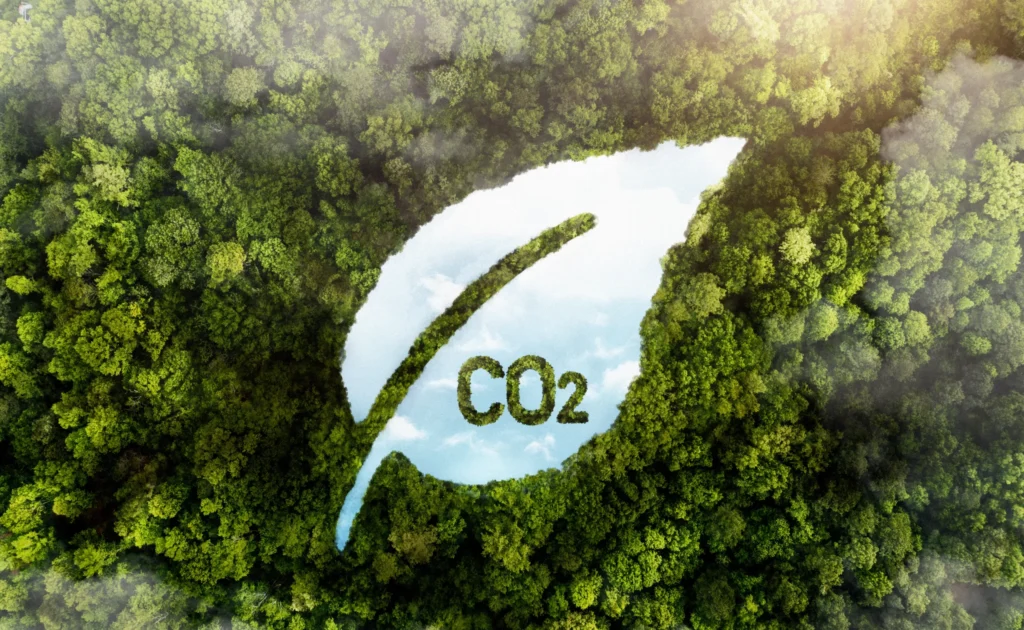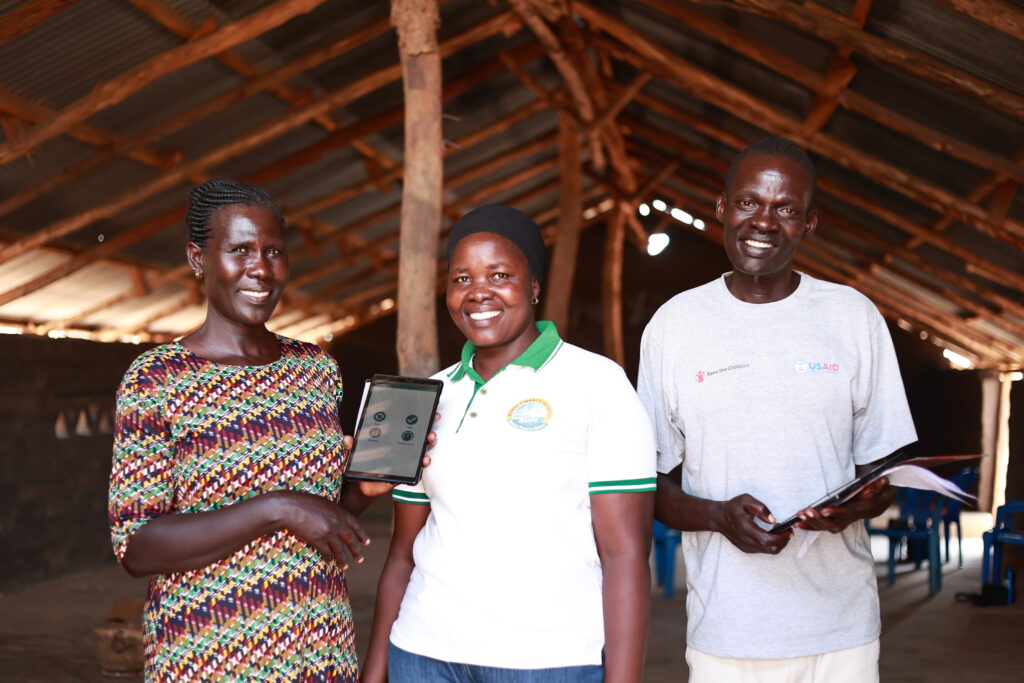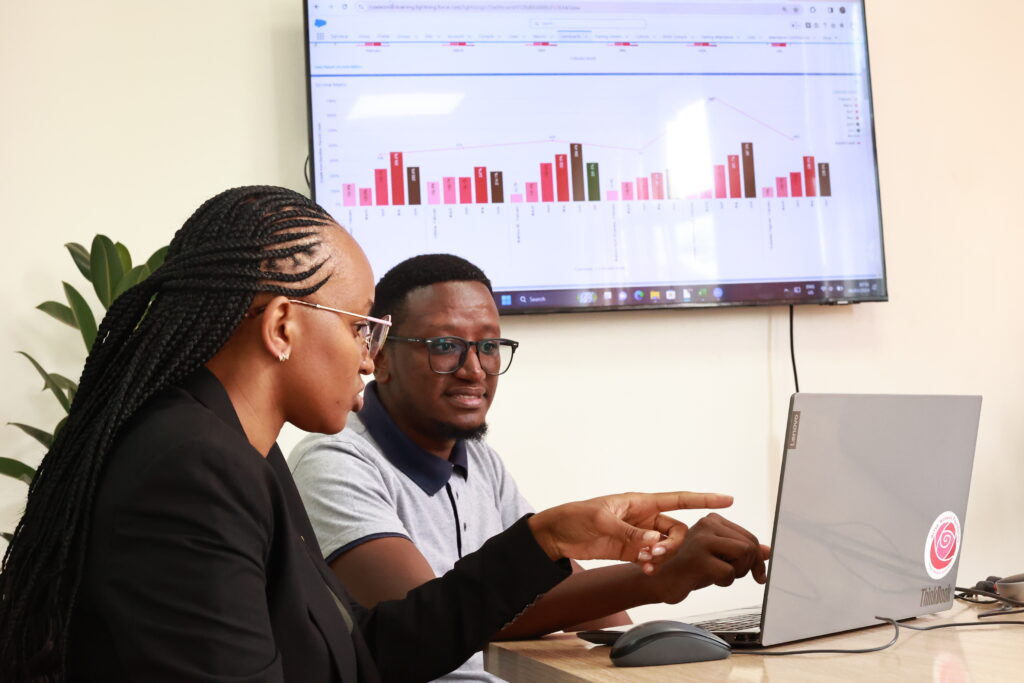
Search
The carbon credit market has experienced substantial growth over the past decade. According to a recent report from Ecosystem Marketplace, the value of voluntary carbon markets hit a record high of $2.1 billion in 2021, reflecting a nearly 300% increase from the previous year. The market’s all-time value as of 2023 has reached $10.8 billion, driven by increased corporate commitments to net-zero emissions and the growing role of carbon markets in achieving the goals of the Paris Agreement.
Nonprofits and social enterprises, such as TaroWorks’ clients Impact Water and Proyecto Mirador, generate funding for their operations from the carbon offsets their work produces. However, before realizing the benefits of selling carbon credits, organizations need to develop processes and employ technology to manage carbon credit programs effectively.
This article provides a comprehensive guide on leveraging this market to fund your organization’s mission. You’ll learn about the fundamentals of carbon credits, the steps involved in developing and selling carbon offset projects, and the crucial role of verification and technology in this process. Through insights from industry experts and real-world examples, we’ll show you how organizations like Impact Water and Proyecto Mirador have successfully used carbon credits to scale their operations and enhance their impact.

Carbon credits are permits that allow the holder to emit a certain amount of carbon dioxide or other greenhouse gasses. One credit permits the emission of one ton of carbon dioxide or the equivalent in other greenhouse gasses. These credits are part of a broader strategy to reduce global emissions and combat climate change. There are two main types of carbon credits: compliance credits and voluntary credits.
To explore the intricacies of selling carbon credits, we convened a panel from across the carbon credits value chain to discuss how nonprofits and social enterprises can leverage mobile technology to turn carbon offsets into cash that helps fund their operations. The panel included Julie Brown, Director of Operations & Finance at Impact Water; Jennifer Louie, Executive Director at Nexus for Development; Stevan Simich, Founder & CEO of Mogli Technologies; and Brent Chism, Strategic Advisor for TaroWorks.
Carbon credits represent a reduction of one metric ton of carbon dioxide emissions, either through avoiding emissions or removing carbon from the atmosphere. Organizations can sell these credits in carbon markets to companies looking to offset their carbon footprints. Carbon offset projects often involve initiatives like reforestation, renewable energy installations, and improving energy efficiency in communities.
Selling carbon credits involves several steps, including project development, verification, and marketing. Here’s an overview of the process:
To sell carbon credits, projects must undergo a rigorous verification process. Jennifer Louie, Executive Director at Nexus for Development, explains, “Our team understands the carbon credit market, specifically the voluntary markets very well, so when we go through the eligibility process, we also determine from an economics perspective if it makes sense for the project to pursue carbon finance. There are relatively high upfront costs related to the registration process.”
Technology plays a crucial role in managing carbon credit programs. TaroWorks mobile technology and its integration to Salesforce, provides tools to help organizations streamline carbon-related data collection and management processes. Julie Brown, Director of Operations & Finance at Impact Water, notes, “Impact Water uses TaroWorks to collect information on every school and water purification system, including unique serial numbers and installation dates. This data is crucial for tracking and verification purposes.”

Data collection and analysis are critical for carbon credit verification. Stevan Simich, Founder & CEO of Mogli Technologies, emphasizes the importance of efficient data management, “One of our clients used to take three months of preparation in Excel spreadsheets, and we were able to drop that down to just a couple of weeks with TaroWorks. This significant time savings allows staff to focus on other essential tasks.”

TaroWorks’ mobile technology enables organizations to collect data in the field, even in offline scenarios, and sync it to the cloud for analysis. “Our field staff can quickly organize data for verification periods, ensuring that we stay ahead of our programs,” says Simich. And, Salesforce is the backend part of TaroWorks, where data can be analyzed and shared.
For many projects supported by Nexus for Development, carbon credits provide supplementary revenue streams. Companies manufacturing or delivering products like household water filters or improved cookstoves benefit significantly from carbon credit sales. Some projects have generated $3 million to $5 million in sales revenue from carbon credits over a few years, enabling them to scale their impactful programs.
In Kenya and Nigeria, most of Impact Water’s systems are completely subsidized through carbon credits. In Uganda, however, the systems are primarily sold commercially. This blended model allows the organization to expand its impact by providing subsidized water purification systems to schools.
Nexus for Development provides technical assistance through the different stages of carbon credit projects, working alongside certification organizations and ensuring the project owners are well integrated into the process. This involves a significant investment of time, capital, and human resources.
Jennifer Louie highlights the importance of having the right data, “People collect data required by the Gold Standard certification process or by standard-setting and certification groups in specific geographies. Understanding the project’s sustainable development contribution and its ability to scale by looking at sales forecasts and other projections is essential.”
Success in managing carbon credit programs depends on understanding the organization’s goals, having leadership committed to the system, and using appropriate technology. This might include simple tools like pen and paper for data collection, with the information quickly integrated into scalable systems. Many projects use smartphone apps for data collection, which makes analysis easier.
Jennifer Louie explains, “Some projects still rely on pen and paper, but having the ability to analyze data efficiently is crucial. TaroWorks and Salesforce allow us to download and analyze data collected through smartphone apps, facilitating a much more efficient process.”
Technology can dramatically reduce the time and effort needed for carbon calculations. “There comes a breaking point with the amount of staff effort required just for the carbon calculations during the verification period,” says Simich. By investing in a digital solution, your organization can enhance its efficiency and unlock new opportunities for growth and sustainability.
By investing in the right technology and processes, nonprofits and social enterprises can effectively manage and benefit from selling carbon credits, turning carbon offsets into a viable revenue stream to support their impactful work. Using tools like TaroWorks for data collection and analysis ensures efficient management and verification, ultimately helping organizations maximize their impact and achieve their goals.
To successfully set up and run carbon credit programs, it’s important to invest significantly in people, processes, and systems. Begin with some upfront work, either through a partner or directly with other organizations. This will help you understand both the value of the carbon credits and the payoff period for your investment. Doing so ensures you have a clear picture of the program’s financial viability and long-term benefits.
How TaroWorks Can Help
TaroWorks is dedicated to helping organizations navigate the complexities of carbon credit programs. Our comprehensive suite of tools and consultancy services streamlines the entire process, from data collection and management to verification and market integration. By leveraging TaroWorks’ technology, your organization can ensure accurate, real-time carbon-related data management, enabling you to maximize the financial and environmental benefits of carbon credits. Let TaroWorks be your partner in achieving sustainable growth and making a meaningful impact in communities worldwide.
If you want to learn more about how to successfully keep track of your carbon credits data, and hear real examples from our clients and partners, you can watch the full webinar:
Many TaroWorks customers previously used paper and spreadsheets to collect data, analyze metrics and run field operations. Let us show you how TaroWorks’ offline mobile field service app can help scale your business by digitizing sales and supply chain management, increasing agent network productivity and analyzing data in real-time for business insights.
POST TOPICS
Sign up to receive emails with TaroWorks news, industry trends and best practices.
TaroWorks, a Grameen Foundation company.
Site by V+V